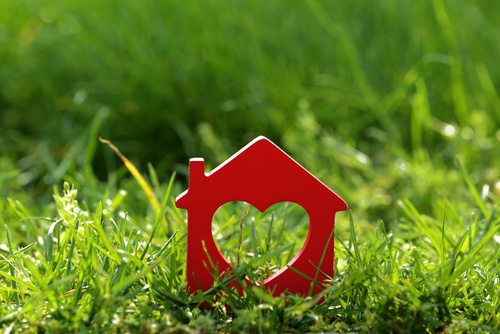
Protect your home and loved ones
 Propane, heating oil, and natural gas all have strong safety records thanks to high industry standards and strong regulations.
Propane, heating oil, and natural gas all have strong safety records thanks to high industry standards and strong regulations.
However, there are some best practices you should observe when it comes to the fuel you use in your home.
Whether you use propane, natural gas, or heating oil, having carbon monoxide detectors in your home is essential. They need to be on every level, including the basement, and outside all sleeping areas. Test the detectors and change the batteries every twice a year when you change your clocks and the batteries in your smoke detectors. Replace your carbon monoxide detectors every five years.
Propane and natural gas safety tips
- Keep an eye on the flames in your gas appliances. The flames should be blue. Yellow or orange flames indicate improper and possibly unsafe combustion.
- NEVER use your propane grill, generator, or other outdoor propane appliances indoors.
- Always have an all-purpose fire extinguisher in your kitchen.
- Do not hang things from exposed gas pipes.
- Propane and natural gas both have a rotten-egg odor. If you detect that smell in your home, it means there is a leak. Get everyone including pets out of the house right away. Don’t use any electrical switches or phones on your way out. Once you are safely away, call 911 and NOCO.
- You need to know how to shut off the propane or natural gas supply to your home if you need to evacuate. Contact NOCO for information on that.
- NEVER use your oven or range for home heating.
- If you use natural gas, call 811 or your local utility locating service at least three days before you plan to dig on your property.
Heating oil safety tips
- Have your heating oil tank and heating system inspected and maintained by a professional annually.
- Keep your heating oil tank full over the summer. This prevents the development of condensation that leads to the development of sediment which can cause fuel line-clogging sludge as well as corrosion of your tank from the inside out.
- Check on your tank regularly through the year. If you smell oil near your tank or see damp spots on the floor or ground around it, those are signs that there may be a leak. Contact us right away.
You can count on safe fuel delivery and service from NOCO! Become a customer today.

